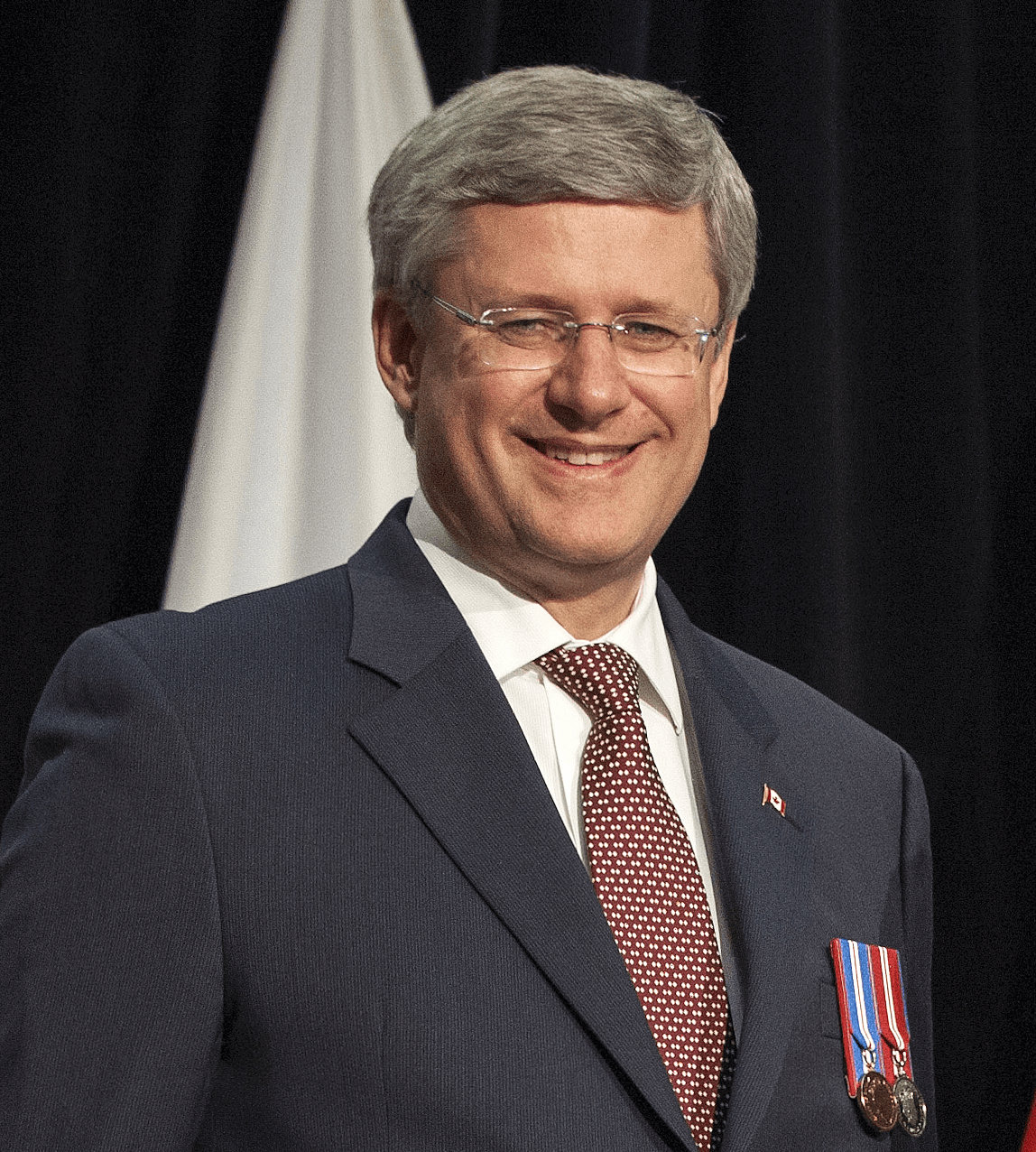On September 29, Omar Khadr returned to Canadian soil after over ten years of being incarcerated at Guantanamo Bay. Following a fire fight in Afghanistan, Khadr was captured by American forces and taken to Bagram before being moved to the prison that would be his home for the rest of his adolescent life.

STEPHEN HARPER/COURTESY PMO
The then 15 year-old experienced a trying time during his incarceration; reports show he was often moved from cell to cell, spending days in solitary confinement. In addition, Khadr was subjected to numerous interrogations, some of which were conducted by CSIS. A video of one such interrogation shows a very distraught Khadr pleading with Canadian agents to bring him back home. Any assurances the Canadian officials gave him were empty. Khadr broke down in tears, aching for his mother. Many years later, in 2010, Khadr would plead guilty for the murder of US combat medic Christopher Speer.
When it comes to matters of terrorism and national security, we Canadians take things very seriously. We live in trying and often dangerous times. We have come to acknowledge that any act of terrorism is heinous in its very nature. Taking the lives of innocents for political or ideological gain is entirely unjustified. Yet, we cannot act without employing sound judgment, for when we fail to do so it often has detrimental consequences. While I don’t deny any wrongdoing on Khadr’s part or justify his actions, I can’t help but raise certain questions about how our prime minister dealt with this situation.
It is my firmly held belief that every single human being deserves to be treated with dignity and in accordance with fundamental human rights. However, Khadr was entitled to another set of rights, which are mandated by the constitution of Canada. Not only was Khadr one of the youngest detainees at Guantanamo, he was also the last westerner to be expatriated, leaving many members of the UN appalled at how the Canadian government handled the issue.
In early 2010, the Supreme Court of Canada ruled that Khadr’s constitutional rights had been violated, and the obligation fell to the government to demand his return. Harper’s government was very blatant in expressing that they didn’t want Khadr back. We can only speculate as to why Harper neglected to negotiate with the willing Obama administration. It seems likely to me that Harper didn’t want to be seen bringing a terrorist back onto Canadian soil. If that is so, then Harper dealt with this situation not as the prime minister of Canada, but rather as the leader of the Conservative Party. Harper failed a child solider and a Canadian citizen for purely political reasons.
The spring of 2011 marked an important time in Canadian politics, as Harper secured a sought after majority government. The relieved Harper walked onto the stage and spoke of many things that night, but what caught my attention was his proclamation that a Canadian prime minister must be a prime minister of all Canadians. It didn’t matter whether you voted for him, all that mattered was that you were Canadian, and as prime minister, he would fulfill his obligations to you. As I look back at that night, I ask myself whether Harper has lived up to his word, and find myself, as most Canadians should be, deeply disappointed.


